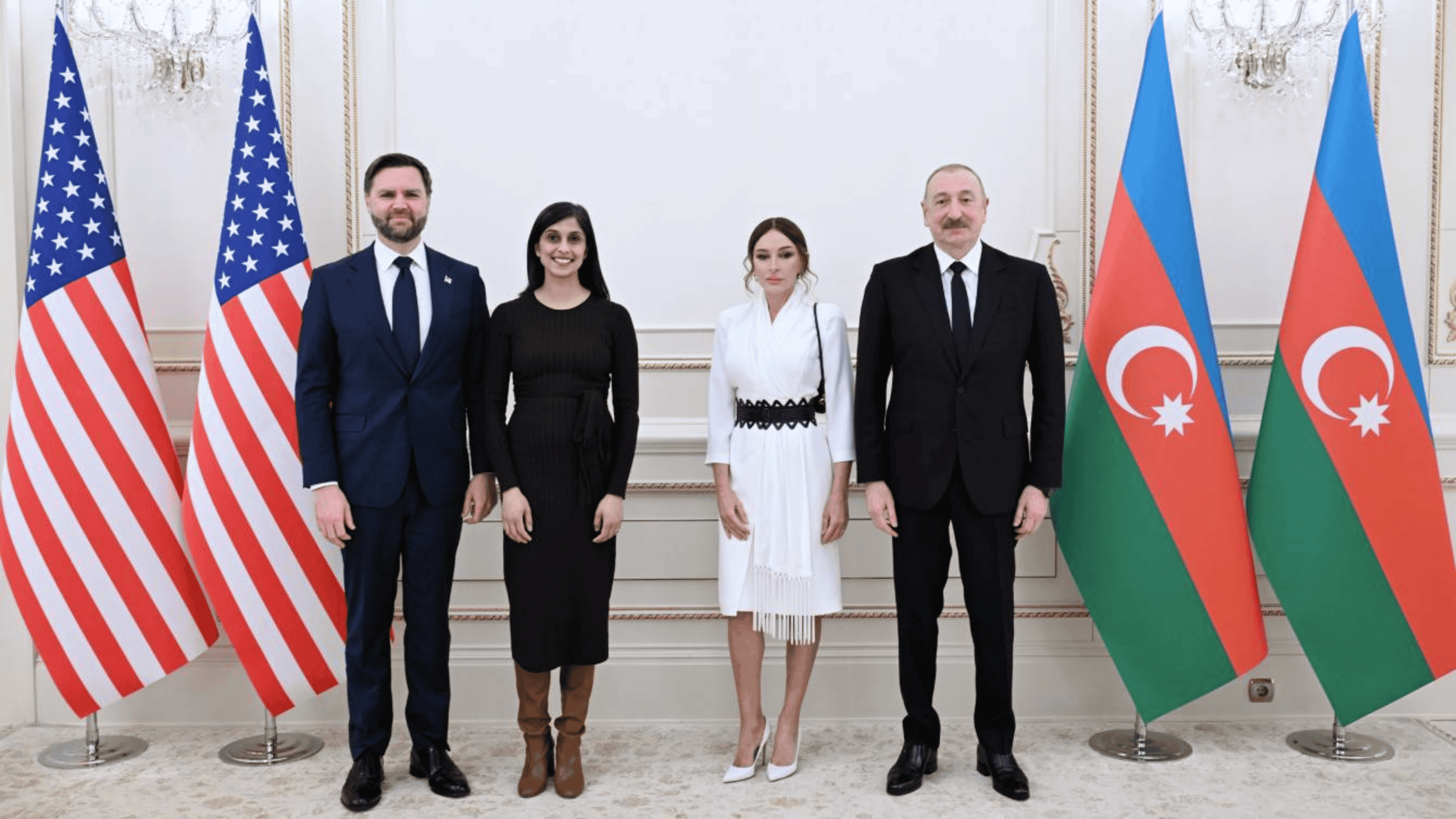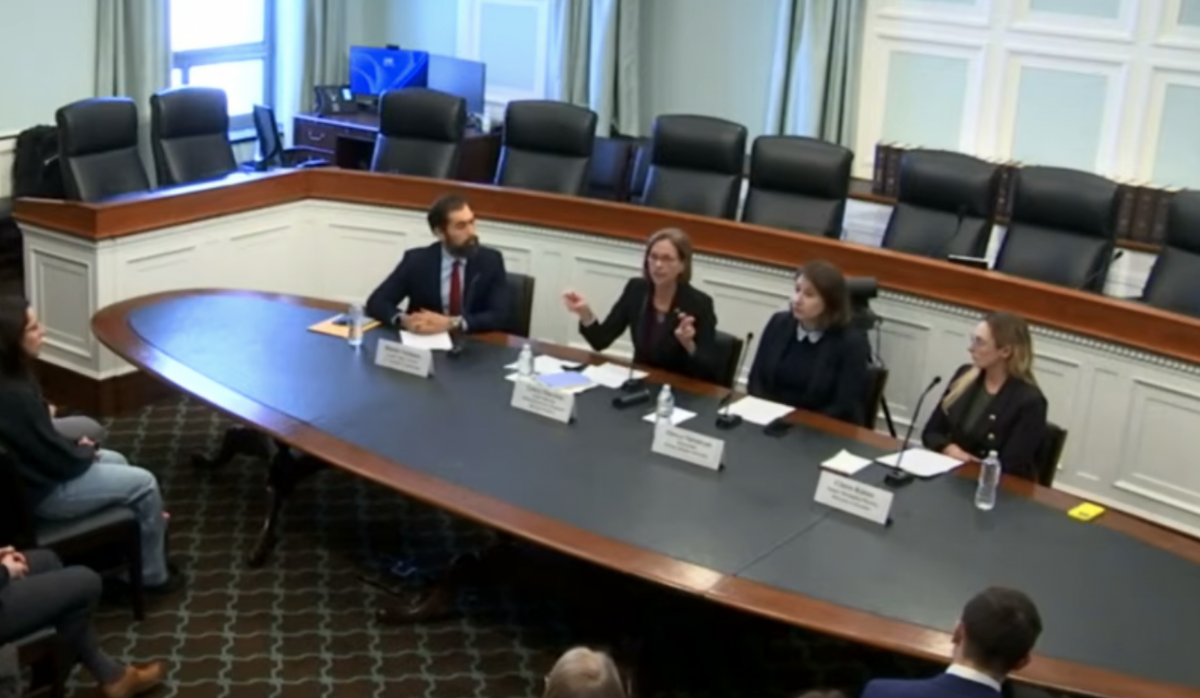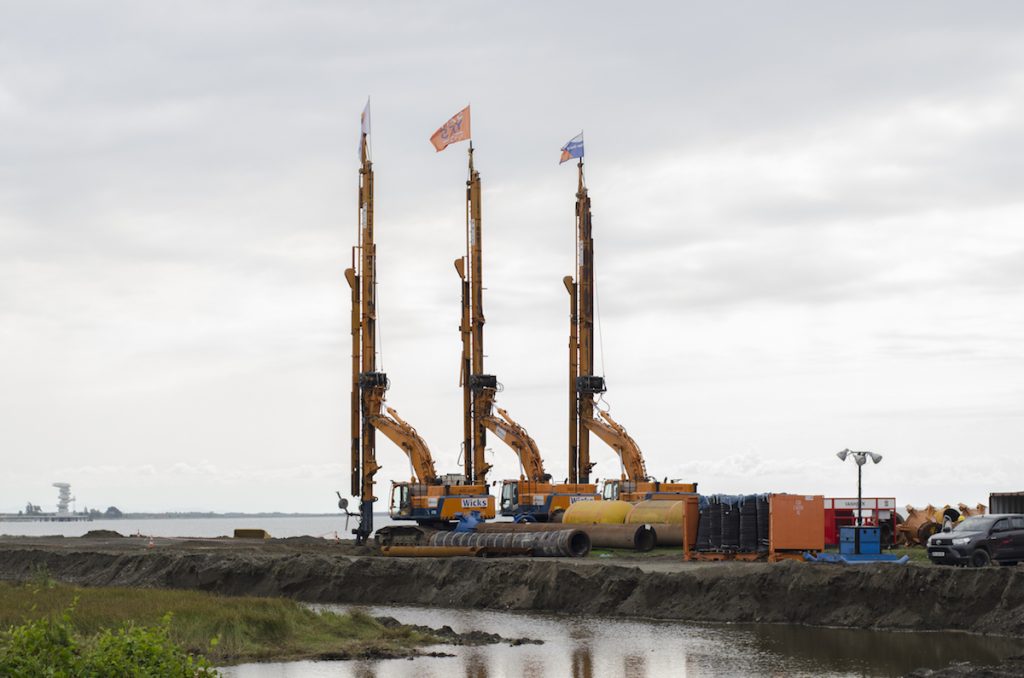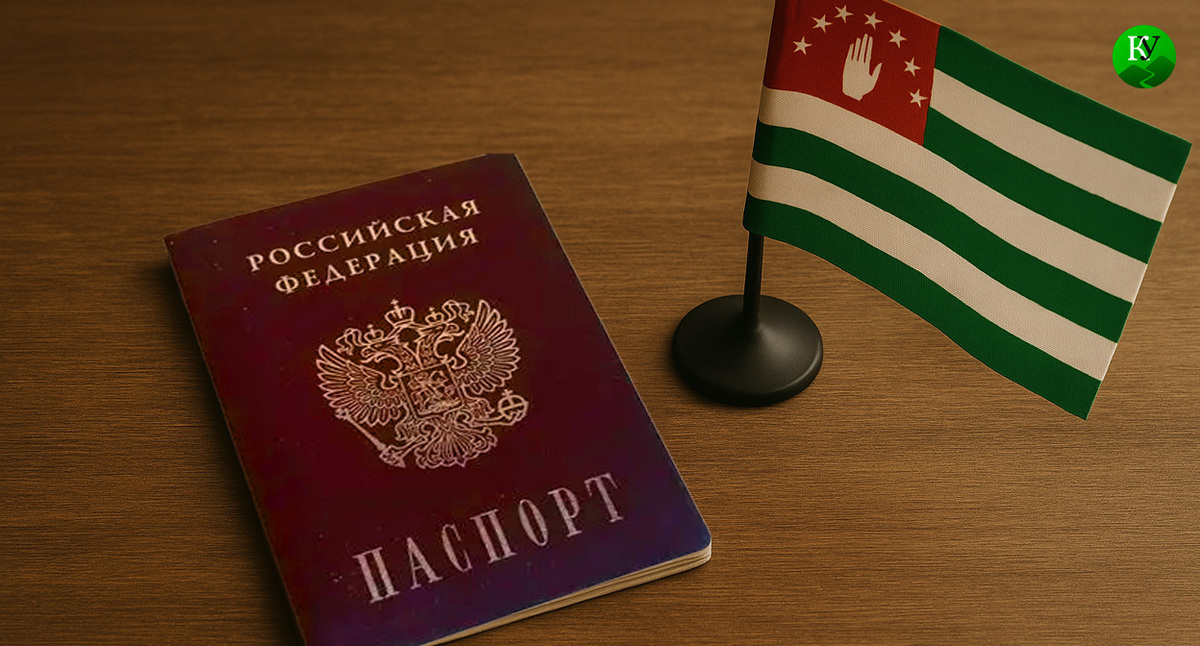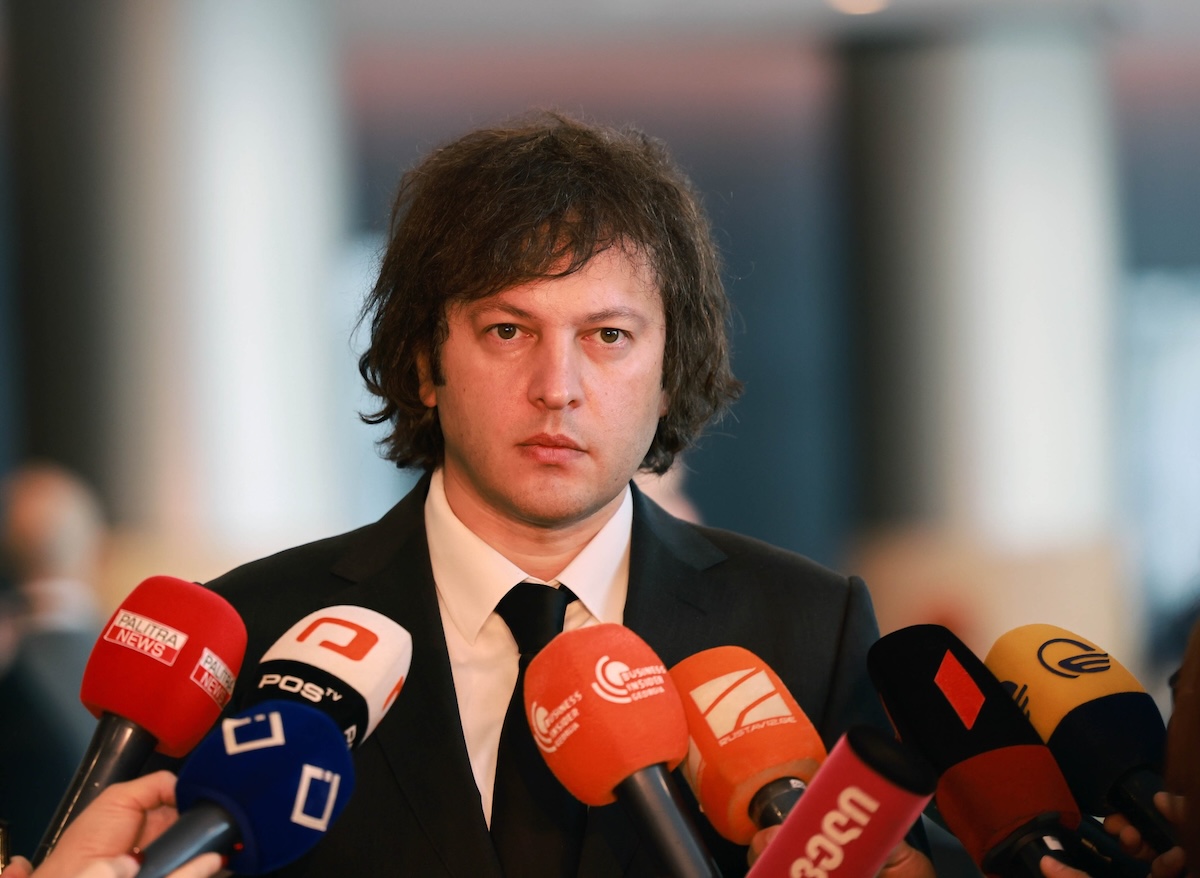How pro-Russian media are managed and financed abroad
The original article (in Russian) can be found here.
BuzzFeed News, Estonian Postimees and Latvian Re:Baltica have uncovered a scheme through which the Russian media holding company Rossiya Segodnya has secretly been financing allegedly independent publications in Baltic countries.
These publications were ordered to cover certain topics and received ready-made content which they had to publish.
Funds transferred through third-party countries
In order to finance these pro-Russian sites in the Baltic countries, separate companies were registered and set up, allowing funds to be transferred from third-party countries. Documents and correspondence which proves the link between the sites and the Kremlin was made available to journalists thanks to Estonia’s laws on the freedom of dissemination of information.
The documents made for the foundation of a criminal case against the key executor of Moscow’s instructions in Estonia, Aleksandr Kornilov, who was accused of tax evasion.

The diagram above shows how capital initially flowed from Rossiya Segodnya to two other entities: one Russian publication called Mosckovskie Novosti, and a company based out of Cyprus called Barsolina Ventures. These companies then sent money on to the Netherlands and Serbia, with the ultimate aim of filling the coffers of Altmedia in Estonia, Sia Baltnews in Latvia, Eurasian Media Laboratory in Lithuania and Ria Novosti in Ukraine.
Orders regarding what topics were to be covered were received via Skype. The publications then had to report on the materials they published. Moreover, the publications purchased traffic and comments from Russian ‘troll factories’ in order to boost their readership statistics.
All the sites had one name – Baltnews
The sites had different domain names and were similar to each other in design. Al of them appeared on the same day and published more or less identical articles at the same time. The Russian-language populations of these countries thought that these sites were independent publications.

The above screenshot taken from postimees.ee shows how all three websites published more or less the same article at the same time. The article featured claims that Americans do not believe that the police are a guarantee of safety. The wording in each article differs only slightly.
Monthly financing and daily commands
The Skype correspondence which the journalists received only mentions how Baltnews in Estonia works. The publication was funded by a company called Media Capital Holding BV and registered in the Netherlands. Investigators concluded that the publications in Lithuania and Latvia must work on the same principles.
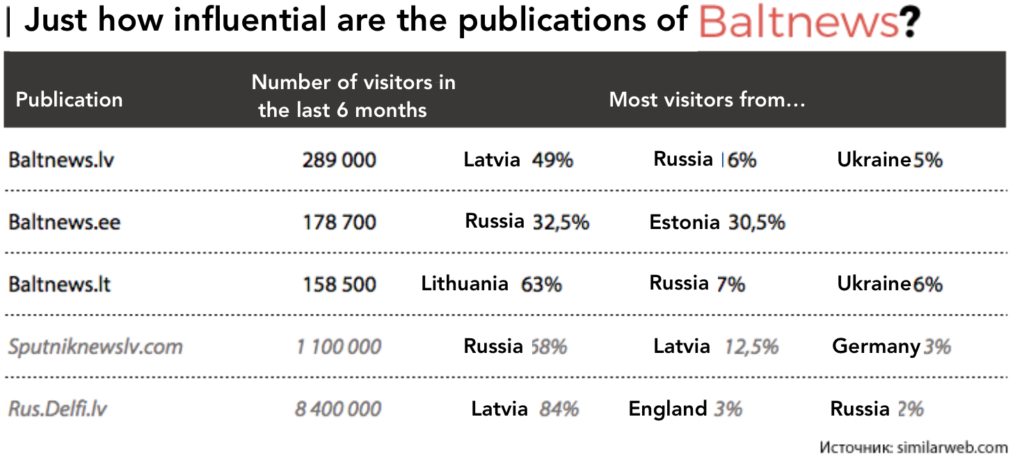
Kornilov and his assistant and friend Aleksandr Dorofeev bought ‘clicks’ in order to make it appear as if the number of visitors to Baltnews’ websites was larger than they actually were.
The correspondence that the journalists received indicated that one million views cost 10,990 Russian roubles [about USD 160]. Over the course of several months, the site owners made several such orders. Moreover, they bought comments for nine roubles [13 cents] per comment.
In the correspondence dated 25 May 2016, there is a list of 11 topics for various media sites which was presented by Aleksandr Svyazin, a representative of Rossiya Segodnya. Apart from the Baltic publications, the foreign branches of Russia-based news website Sputnik were also mentioned.

Although the investigation concerning the countries mentioned above has local implications, it allows one to see the schemes by which the financing of pro-Russian media in other countries, where it is important for the Kremlin to have agents of influence, is carried out. In addition to the financial flows, the implicit management, imposition of topics and boosting of readership of such websites are also an issue.











